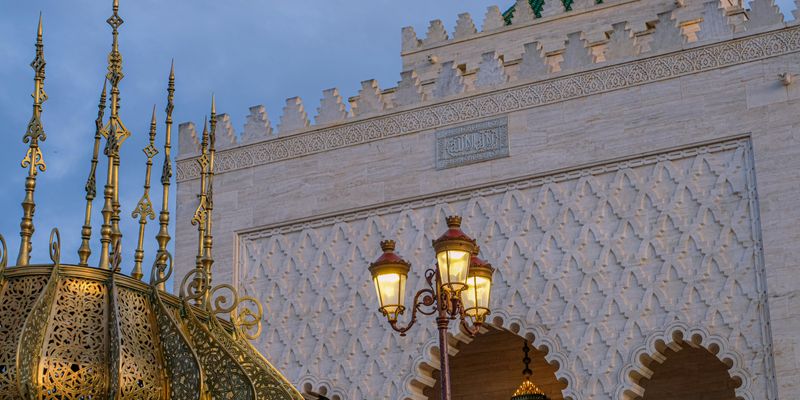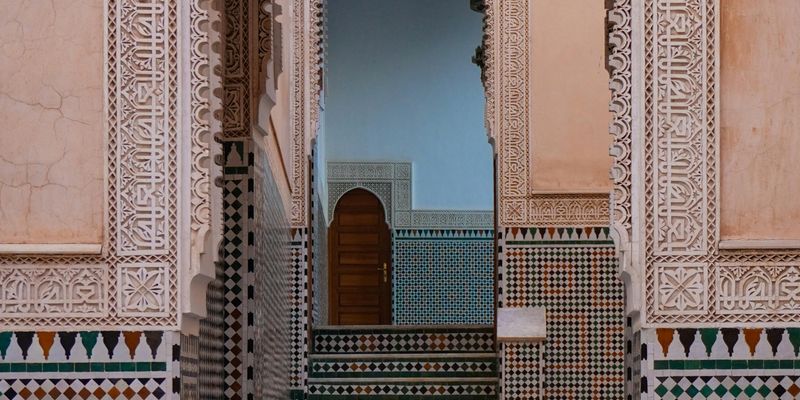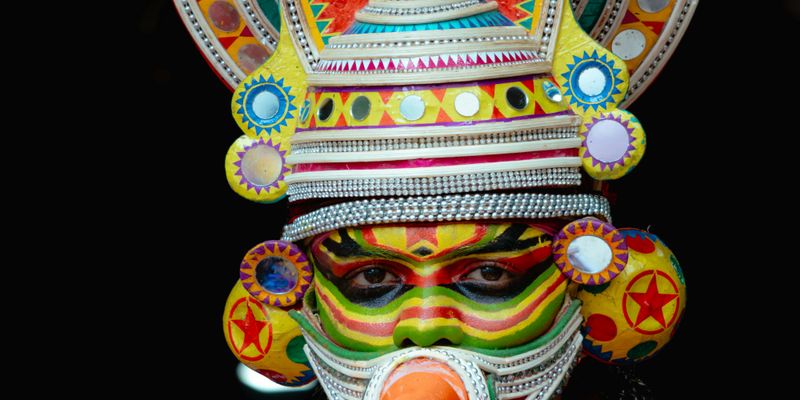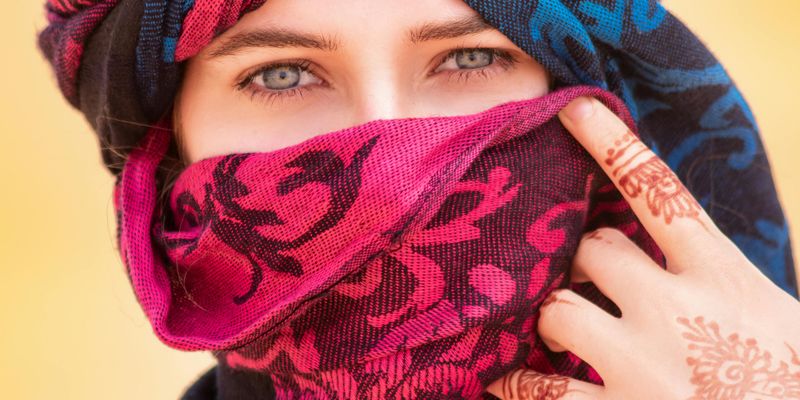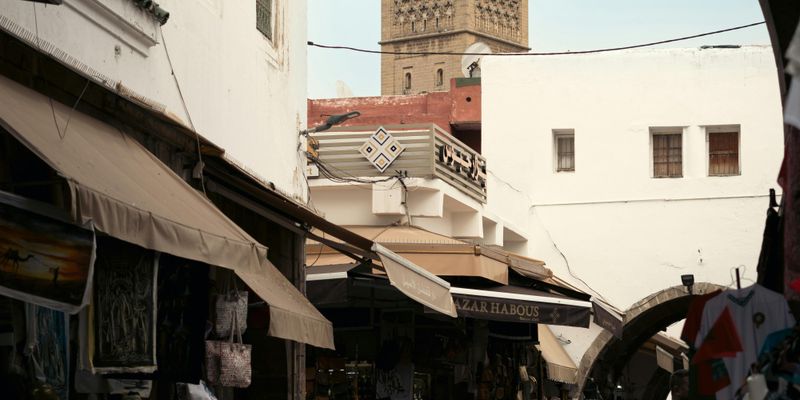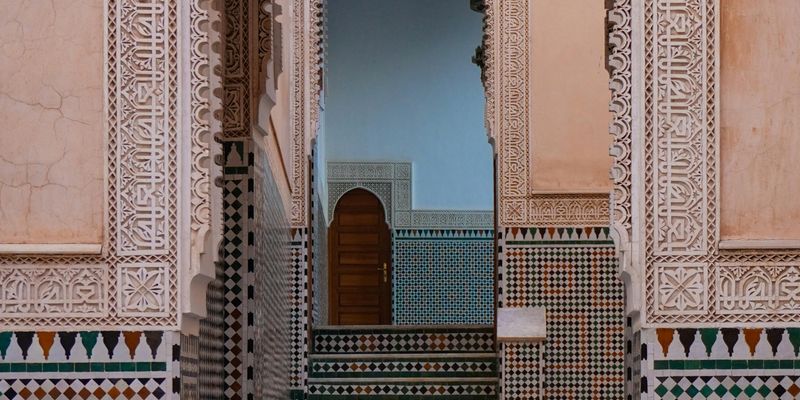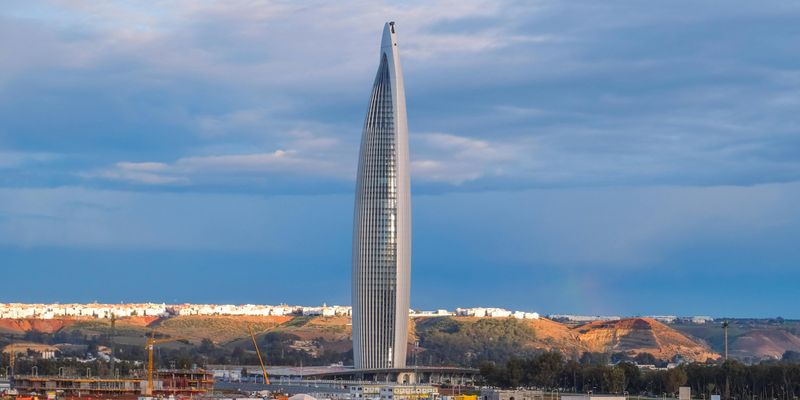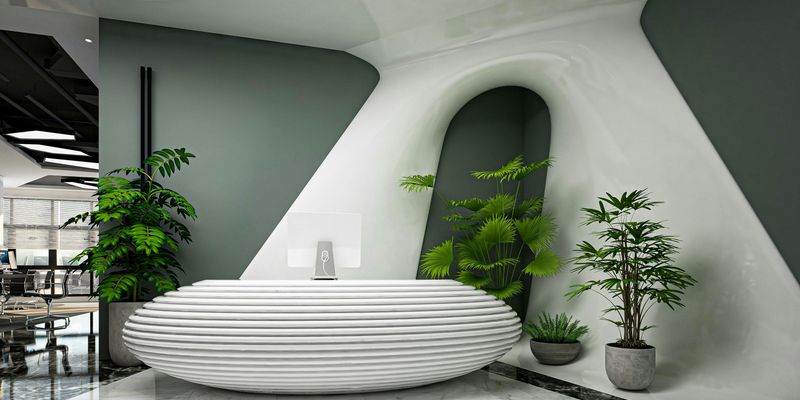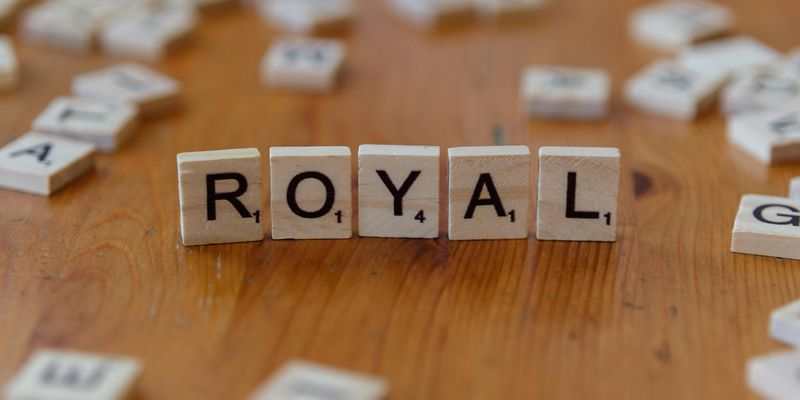
Embracing a Linguistic Tapestry
Nestled at the crossroads of Europe and Africa, Morocco is not just known for its breathtaking landscapes and rich history, but also for its vibrant linguistic diversity. It is a place where Arabic, French, Berber, and even Spanish intermingle, each language reflecting a layer of the country’s rich cultural heritage.
The Heart of Moroccan Languages
In Morocco, the official languages are Arabic and Amazigh (Berber), but you will also encounters French in many aspects of daily life—from business to education. This unique linguistic landscape makes learning languages in Morocco not only a practical skill but also an enriching experience that connects you with the heart of Moroccan culture.
Connecting Through Language
During my time in Morocco, I enrolled in an Arabic language course, driven by my desire to engage authentically with local communities. Learning the local dialect, Darija, felt like opening a window into the souls of the Moroccan people. Greetings with “Salam Alaikum” (Peace be upon you) and responses of “Wa Alaikum Salam” create an instant bond. It’s more than just words; it’s a way to express respect and honor the culture.
Profound Cultural Insights
Language is a key that unlocks cultural treasures. As I navigated through my classes, I learned about the rich traditions behind phrases. Take, for example, the saying “Inchallah” (God willing). It's a beautiful reminder of the Moroccan perspective on time, plans, and faith. Through language, I gained insights into Moroccan hospitality, artistic expressions, and even culinary traditions—like immersing myself in the art of making tagines while discussing recipes in Arabic.
The Vibrancy of Multilingualism
Moroccan people take pride in their multilingualism, often switching between languages within a single conversation. This fluidity is exemplified when you visit local souks (markets), where the sellers greet you in Arabic, include a French phrase, and might toss in a few Spanish words—especially in the northern regions. This multilingual environment invites learners to practice and engage, fostering a sense of belonging.
Language Learning as a Cultural Exchange
Outside the classroom, immersing yourself in language means embracing cultural exchanges. Joining a local cooking class taught by a Berber woman, where only Arabic is spoken, challenges you to communicate through gestures and expressions. It’s in these moments that the language becomes alive, and you realize that learning isn't just about vocabulary; it’s about stories, experiences, and relationships.
A Supportive Learning Environment
One of the most heartwarming aspects of learning languages in Morocco is the warmth and encouragement from locals. Moroccans are notoriously patient and generous with their time, often thrilled to help you practice. Whether it’s in a cafe, at a family gathering, or during a casual stroll through the streets of Marrakech, you’ll find countless opportunities to practice. Each interaction is an invitation to deepen your understanding and appreciation of Moroccan culture.
Conclusion: A Journey Worth Taking
Learning languages in Morocco goes far beyond grammar and phrases. It’s about embracing the spirit of a country that is as diverse as its dialects. Witnessing firsthand how language fosters connections and nurtures friendships adds layers to the Moroccan experience that stay with you long after you leave.
If you’re considering a journey to Morocco, I encourage you to embrace the opportunity to learn Arabic, Amazigh, or even French. You’ll find it enriches not just your mind but your heart, allowing you to experience the beauty of Morocco in a more intimate and meaningful way.
